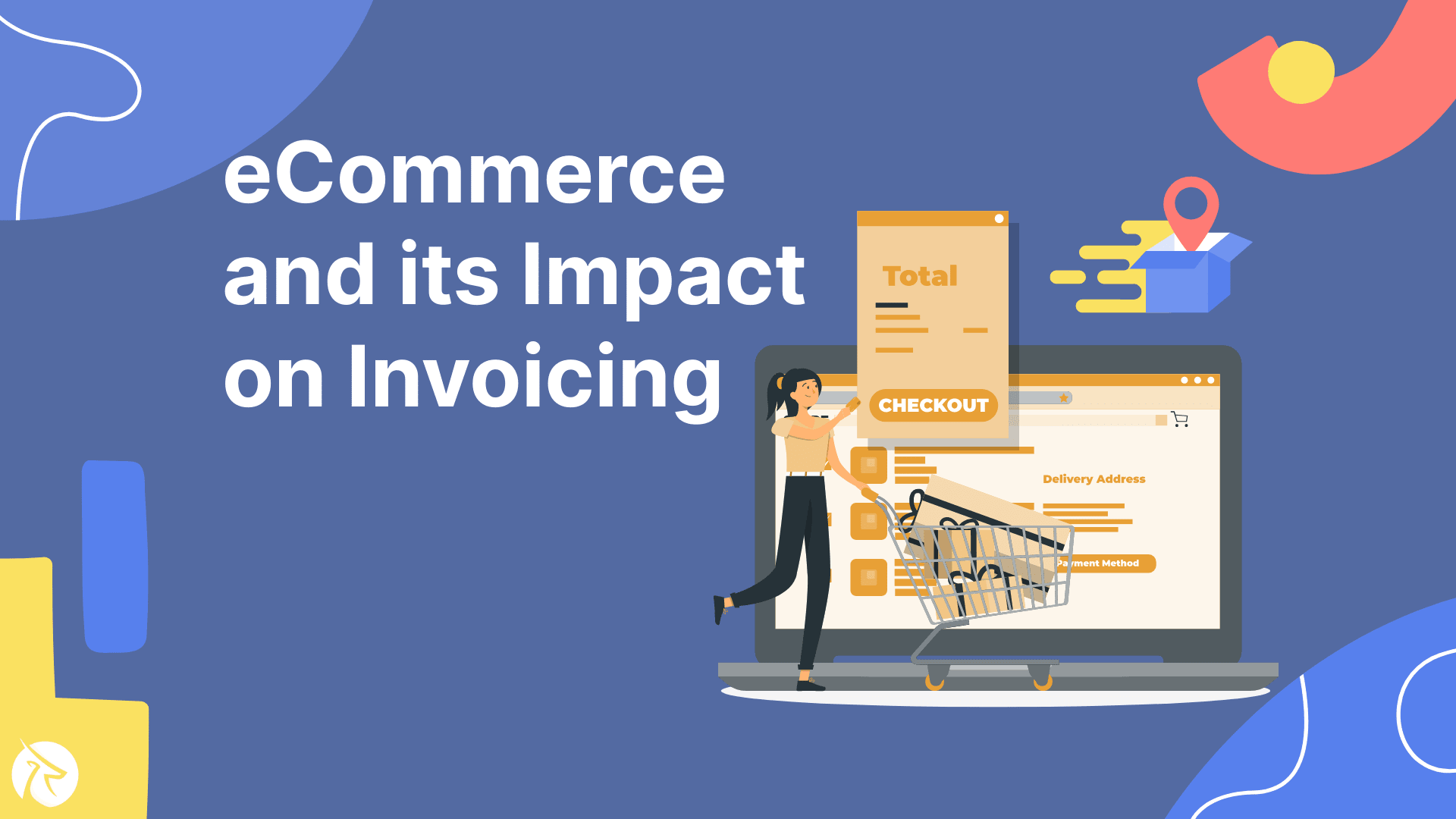The revolution of shopping experience: using AI in eCommerce

AI has been all the rage in the 5.0 industry, and people nowadays take advantage of AI in eCommerce to facilitate the buying journey. The integration of AI in eCommerce has proven to be a game-changer and revolutionizes the way businesses operate and customers shop online.
AI is applied in many fields, such as education, healthcare, transport, sea exploration, and so on. Before going any further, Fordeer prefers to provide you with an overview of this topic!
Understanding AI
AI is short for Artificial Intelligence, it refers to the simulation of human intelligence in machines programmed to learn and solve problems like humans. AI is being improved day by day with a wide range of techniques allowing it to mimic cognitive functions such as learning, reasoning, problem-solving, and language understanding.
There are 3 main components of AI Machine Learning, Deep Learning, and Natural Language Processing (NLP). They all are AI techniques that enable a machine or a subset of machines to process, interpret, and learn from large amounts of data.
Types of AI
Generally, Narrow or Weak AI and General AI are the two main supreme types of AI. Narrow or Weak AI is designed for specific tasks, such as virtual assistants, recommendation systems, and image recognition. As its name tells, this type of AI doesn’t possess a general human being intelligence.
The other one is General AI known as Strong AI. This type of AI would have human-like intelligence and could perform any intellectual task that a human can. Humans are now on the way to achieving General AI.
The applications of AI
AI also emerges in many applications. Take healthcare, for example. AI can support doctors in diagnosing and giving treatment recommendations, discovering new drugs and personalized medicine, and, of course, taking care of patients.
In the Finance field, AI can help detect fraud with almost perfect precision, trading algorithmic, managing and assessing risk. In some developed countries such as the US, UK, and Canada, there are many self-driving cars, predictive maintenance, and traffic management using AI.
While in the eCommerce market, AI is used to make personalized recommendations, chatbots for customer service, dynamic pricing strategies, and predictive analytics for inventory management.
The power of AI in eCommerce
AI has brought a new lease of life to eCommerce, even transforming the eCommerce landscape. AI in eCommerce continues to evolve, there are some main features:
Personalization and Customer Experience Enhancement
AI provides personalization, as the cornerstone of eCommerce. AI takes charge of analyzing vast amounts of data - purchase history, browsing behavior, and demographics information to tailor content displayed to that user. These include:
Product Recommendations
Based on user preferences, AI helps to suggest products that meet customers' demands and display product names on recommendation engines. This can boost engagement and conversion for businesses.
In the world of information overload, customers have to receive a large amount of information. Showing what they might need can be very convenient for them, and their stage of finding products easier than ever.
Dynamic Pricing
Each customer has a different behavior when using eCommerce platforms. Algorithms can analyze real-time market data to adjust prices, offer personalized discounts or promotions, and enhance customer loyalty.
This can help arouse a feeling of being a specialty among target customers. As a result, businesses can increase brand love among shoppers and make their purchase decisions more swiftly.
Targeted marketing
AI in eCommerce also facilitates the targeted marketing campaigns of a business. Nowadays, businesses don’t have to waste time deciding which channels to use to deliver messages or which customers to engage.
Thanks to AI, this challenging task is getting easier as AI can understand and predict the future actions of customers better than themselves. It knows the right time to deliver relevant content through preferred channels and improve customer engagement.
Supply Chain and Inventory Management
Demand Forecasting
One of the most challenging factors every business has to face is managing stocks. With the helpful tool of AI, the demand of customers and the ability to sell business can be predicted more precisely.
In fact, many businesses reported that, thanks to the integration of AI, they can reduce stockouts and overstock situations and optimize inventory levels, which makes their business go more smoothly.
Inventory Optimization
AI streamlines inventory management by analyzing data, seasonal trends, and supplier capabilities, reducing costs and wastage. Businesses can put aside a savings fund that can be used elsewhere in the business.
Optimizing inventory ensures you have the right amount at the right time, minimizing holding costs and reducing the risk of missed sales due to stockouts. In short, inventory optimization is a balance between customer demands and businesses’ overall success.
Logistic and Delivery
AI can predict and improve delivery times and optimize routes based on analyzing old data, therefore enhancing the overall customer experience.
Many customers now lead a fast-paced lifestyle, so quick delivery can save time and effort for both businesses and customers. Fast delivery fulfills the desire for instant gratification; customers can get what they want without waiting for so long.
Sometimes, customers may need the products to be at their fingertips for emergencies. Fast delivery caters to these needs, making the service extremely useful in certain circumstances.
Chatbots and Customer Service Automation
Chatbots and customer service automation play an important role in eCommerce, as they are always there and ready for help. There are several reasons why businesses should use chatbots:
Chatbots as a Customers Assistance
Chatbots provide round-the-clock assistance, answer customers’ queries, and deal with their concerns at any time. Customers with instant assistance can feel more comfortable and make easier purchases.
This could avoid customers’ turnoff due to unresolved queries. Furthermore, unlike humans, chatbots can deal with multiple queries simultaneously, allowing eCommerce businesses to scale up without worrying about human resources.
Chatbots can guide customers through purchase progress, help with product searches, and facilitate transactions, making the buying journey smoother. By providing real-time assistance and addressing concerns, chatbots can help reduce cart abandonment rates, leading to increased conversion rates for eCommerce stores.
In fact, there are many apps now on Shopify apps that provide 24/7 live support, automotive email delivery, and so on. You can check it out now!
Visual Search and Augmented Reality (AR)
Visual Search
Visual Search technology allows users to search for information or products using images instead of text-based queries. The image recognition and machine learning of AI are involved in analyzing visual inputs and providing relevant search results.
Visual search analyzes visual features like colors, shapes, textures, and patterns in an image. After that, these features are compared to a database to find similar or matching images. Eventually, relevant results, such as similar products, related information, or visually similar items, are displayed to the user.
Shoppers can snap a picture of a product and find similar items available for purchase. Shoppers can find clothing or accessories similar to items they’ve captured in photos.
Augmented Reality
Augmented reality is a blend of physical and digital realms to enhance the user experience. Visual search can be used within AR experiences, allowing users to search for similar items they see through an AR device.
AR devices use sensors to understand the real-world environment. Users can interact with the augmented content, often in real-time. Recently, many businesses have applied AR as a virtual try-on solution.
Certainly, AR can help to increase customer engagement, reach new customers, and reduce returns. The longer customers stay on your site, the more likely they are to make a buying decision. This also helps to build a strong relationship with target customers.
Sephora, for example, is a case of successfully applying AR to its marketing strategy. The online store of Sephora always allows customers to test out shades of lipstick, blush, and foundation in their comfort zone. Not only does it help to increase purchase decisions, but it also increases word-of-mouth as shoppers can share their experiences with friends and family.
Fraud Detection and Security
Detecting fraud is very important, as it protects both customers and businesses. Shopping on eCommerce involves online payments and financial transactions, so businesses can ensure the safety of their customer’s sensitive financial information, like credit card details.
Obviously, trust is very important when building relationships with customers. Thus, using AI in eCommerce to detect and secure transactions can create a sense of trust and credibility among customers. When they feel their data is safe, they are more likely to interact and make purchase decisions.
AI-powered systems protect sensitive customer data and eCommerce platforms from cyber threats. They provide a proactive defense against cyber threats and ensure a secure online shopping experience.
Future trends and challenges of AI in eCommerce
Future trends of AI in eCommerce
The integration of AR and VR technologies is poised to revolutionize the e-commerce landscape further. This integration aims to boost customer satisfaction by visualizing products in their own environments before making a purchase, thereby reducing uncertainty and increasing confidence in their buying decisions.
Integrating AR and VR technologies creates more immersive and interactive experiences. The combination of AR and VR allows users to interact with real and virtual environments simultaneously.
AI in eCommerce relies heavily on vast amounts of user data to personalize experiences. However, collecting and storing this data raises concerns about user privacy, especially if it's done without transparent consent or for undisclosed purposes.
Moreover, users can be afraid of third-party access to their confidential information. Explainability is needed in this situation to avoid skepticism, as users may not fully understand how their data is used or why certain recommendations are made.
Challenges in using AI in eCommerce
Despite its numerous benefits, implementing AI in eCommerce comes with various challenges.
The key barriers are data quality and accessibility. Obtaining and maintaining such large datasets can be challenging for businesses, as AI systems heavily rely on high-quality, diverse, and comprehensive datasets.
Implementing AI technologies can be expensive too; it requires investments in infrastructure, talent, and ongoing maintenance. Moreover, acquiring and retaining skilled AI professionals who can develop, manage, and optimize AI systems is a challenge due to the high demand in the field.
In short,
The integration of AI in eCommerce has proven to be a game-changer, redefining the way businesses operate and customers shop. From personalized experiences and optimized inventory management to advanced marketing strategies, AI continues to reshape the eCommerce landscape. As technology evolves, embracing AI-driven solutions will be crucial for businesses aiming to stay competitive and provide exceptional shopping experiences in the digital era.
The journey of AI in eCommerce is dynamic and ever-evolving, promising endless possibilities and innovations that will continue to shape the future of online retail.Stay tuned with the Fordeer Team for more updates!











